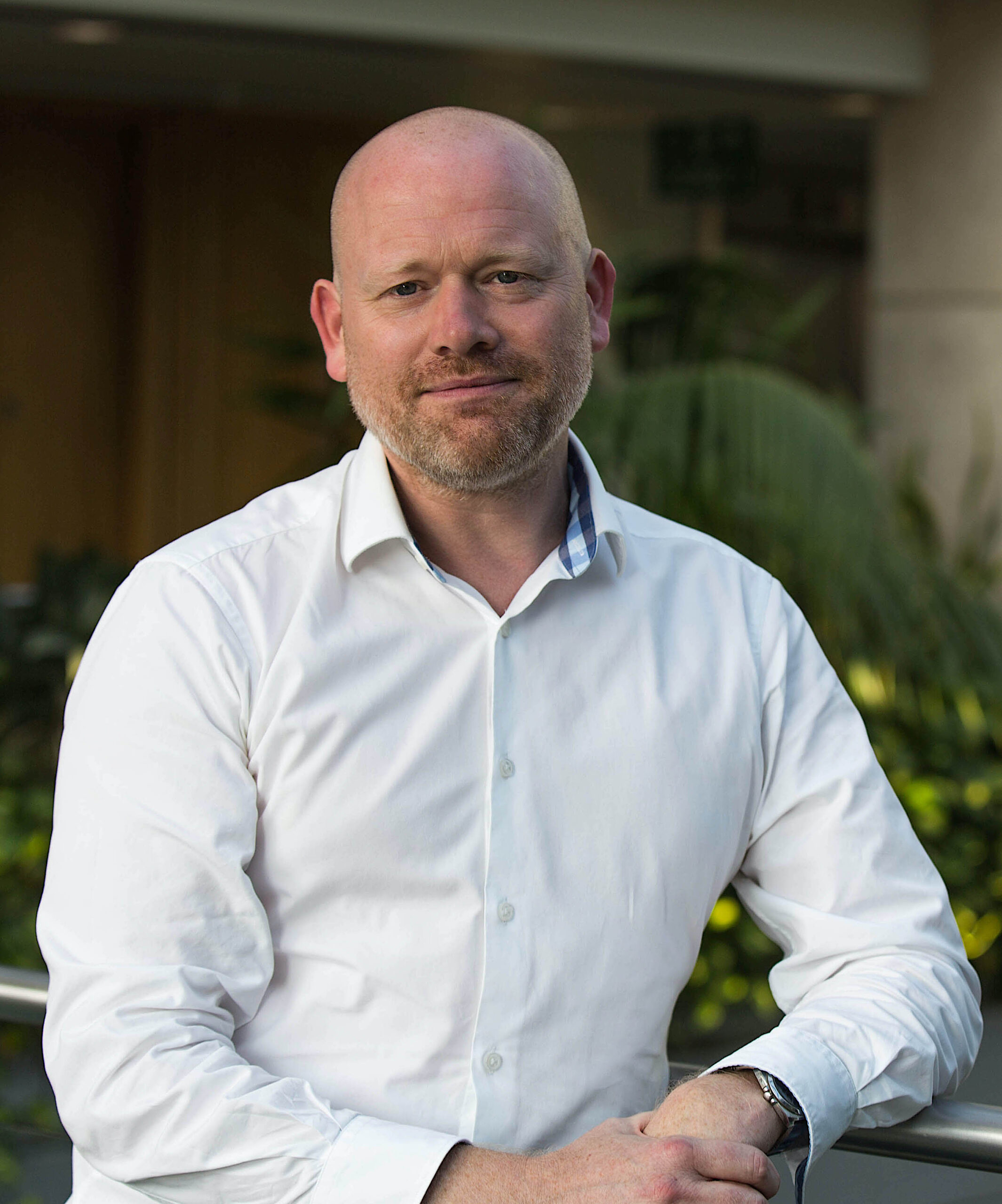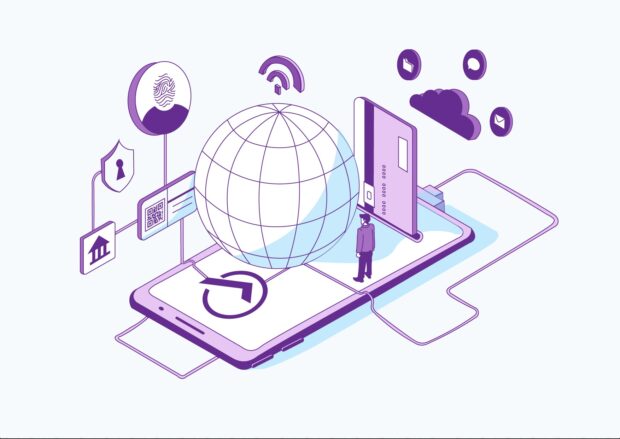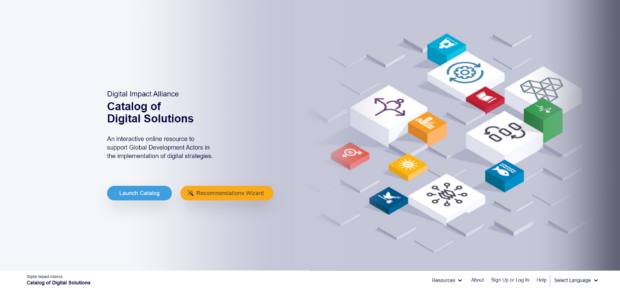
Today we’re profiling Exchange Reference Group member Warren Smith, who has made significant contributions to the evolving Digital Exchange. Warren is Associate Director at CURSHAW, a UK-based commercial lifecycleconsultancy that works with governments around the world to modernize procurement practices with a particular focus on digital data and technology procurement.
In this wide-ranging conversation, Warren shares the importance of challenging conventions in the procurement world, the coming procurement renaissance, and how, at its heart, procurement is not about regulations, processes, or even technology – but people.
For more resources on the intersection of tech and procurement, check out DIAL’s Procurement of Digital Technology guide and our Playbook on Public Procurement of Digital Technology.
How did you find your way to the work you are currently doing? What is your background?
I began my career as a procurement practitioner; having graduated with a Bachelor’s degree involving cultural and anthropological studies, this wasn’t a planned career pathway! Over time, I felt that the sector was failing to embrace the art of the possible. I saw a lot of risk aversion, and focus on process and transaction rather than strategic, value-based approaches to deliver outcomes to people. This frustration really started to build as it was becoming clear that the internet could promise significantly improved service delivery.
After watching the gap widen between the internet’s possibility and public procurement, I was approached to join the UK Government Digital Service (GDS) to try to bring these worlds together in support of broader digital data and technology reforms. I then led a program called the Global Digital Marketplace focused on helping governments inemerging economies tackle corruption, fraud, and bribery within their procurement systems. There I was able to focus on increasing transparency, opening up markets to increase competition, and helping teams to work more collaboratively together to make objective decisions about how public funds should be directed towards delivering better digital public services.
These were issues that were very aligned with my values. In October 2021, I made the move to join CURSHAW.
What is the biggest challenge you see in the world of procurement?
Without a doubt, it all comes down to behavior change. Things like technologies are relatively straightforward to deal with – they’re a means to achieving better outcomes – although tackling legacy IT remains a widespread challenge. But the greatest challenges come down to cultural change, to helping practitioners in procurement understand the art of the possible and not feel shackled to the status quo.
Achieving positive impacts often means constructively challenging the established conventions and helping individuals to feel confident with that. Ideas like understanding the difference between actual law vs. institutionally ingrained custom and practice, which can be more like folklore. To do this, you need to absolutely know what the regulations allow you to do and also what they don’t.
So that’s often about building that confidence, the capability, the ability of individuals to work more collaboratively together, and leaders creating enabling environments for this to happen. So really the most challenging part is bringing people together with a shared understanding of the problems that need to be addressed to achieve valuable outcomes, and so it has to be a people-centered approach at the end of the day.
What results have you achieved in the procurement world?
When I led the Digital Marketplace team for the UK GDS, we were a multidisciplinary team that really helped open up the market in the UK for digital data and technology service providers. What was once a very closed market and dominated by a small number of very large suppliers evolved over several years to represent much greater diversity.
In 2011, a report from the UK’s supreme audit institution the National Audit Office showed that 80% of government ICT spending (estimated to be £16 billion) was with just 18 suppliers. But by the last financial year ending March 2022, small and medium-sized enterprises (SMEs) received about £1.47 billion in just that year alone. That translates to thousands of suppliers (in fact over 1,500 SMEs) that benefited from reforms focused on applying user-centered, design-led, data-driven and more open approaches to public procurement to help reduce the complexity, challenge bureaucracy, and create much more open and dynamic markets.
One simple example that made a big difference was new approaches to contracts that made participation by SMEs more straightforward. This is just an example of why it’s important to be thinking big about the problem space but starting small.
What are you looking towards for the future? What is next for technology and procurement?
I think it goes back to the importance of putting the needs of people and the planet at the heart of everything and the 2030 sustainable development agenda. After all, 2030 is only seven years away. And this decade, described by the European Union as the digital decade, got off to a bad start. Because of COVID, systems that were already weakened because of corruption or bribery, were left to languish.
And this is why the role of digital public goods (DPGs) and infrastructure is absolutely critical. Governments must take the role of accelerating DPGs, because they can help to avoid needless duplication. Everybody has a role to play in this. We need to look to the promise of digital across sectors: to start to reduce carbon emissions, to increase equality and diversity and fairness across sectors.
In procurement, we need to reimagine the profession globally, so that we have overarching principles and goals that define value. And I think I’m most excited by the opportunity for the profession to be reborn: today we have the potential for a procurement renaissance in the evolution to digital commercial. Every time I think about this, it genuinely makes the hair on my neck stand up because it is a generational change and opportunity for us in the field.
How do you think the Digital Impact Exchange can play a role in supporting this vision?
To see a true procurement renaissance, digital public goods must be easy to find and access. And having a tool within an organization like DIAL with the backing of the United Nations and the impressive network of agencies and programs that support that work is critical for building trust, minimizing duplication, and increasing transparency.



